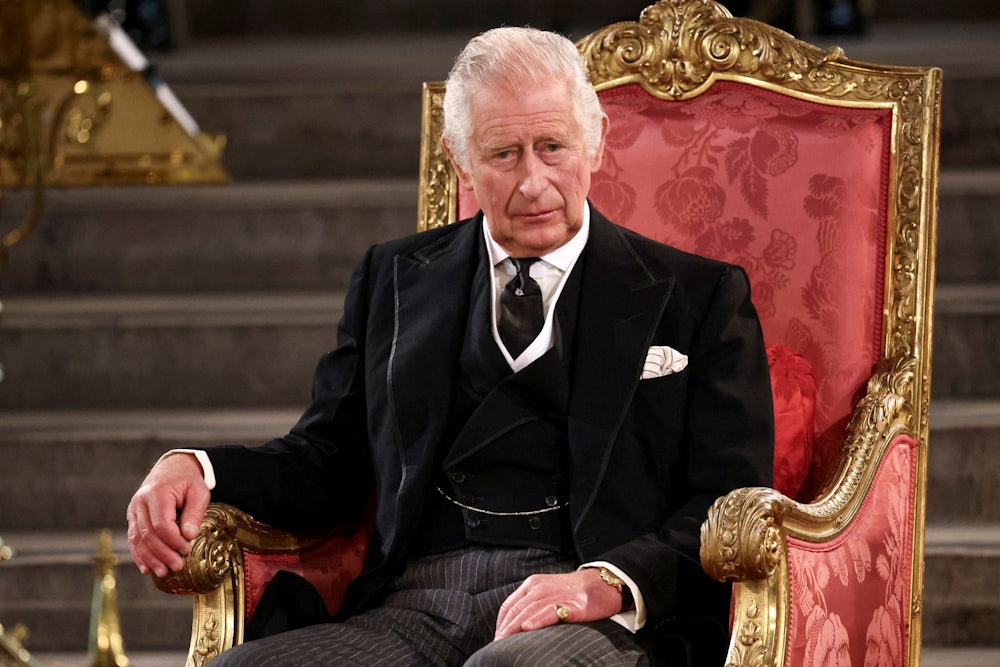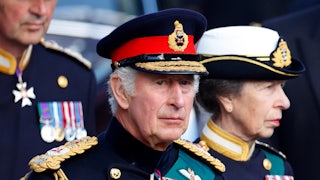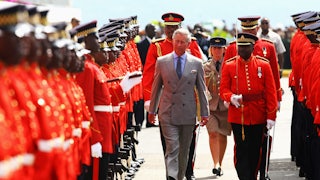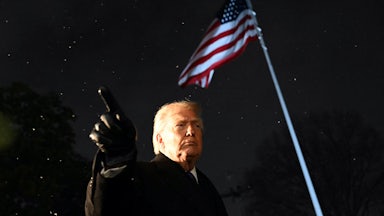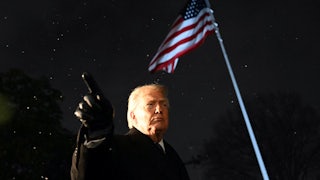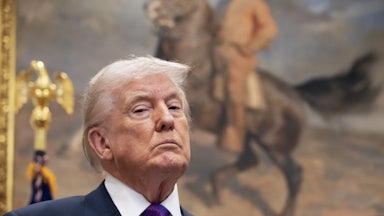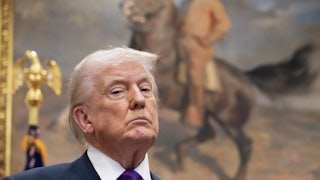“He’s been practicing for a bit.” Those
words from the Princess Royal (a.k.a. Princess Anne) about her elder brother show
that, having once represented her country in Olympic equestrian events, she
could also compete in the great English pastime of laconic understatement.
Yes, King Charles III as he now is has been practicing all his life for the role to be solemnized on Saturday, as monarch and head of state of the United Kingdom, and also of 15 countries in what was the British Empire and is now the Commonwealth, from Canada and Australia to Antigua and the Solomon Islands. His anointing by the Archbishop of Canterbury in what is still a sacred rite reminds us that he’s also supreme governor of the Church of England and Defender of the Faith, a title originally bestowed by the pope on King Henry VIII, who shortly afterward broke with Rome, dissolved the monasteries, and created that protestant Church of England, one of the nicest ironies in a story of the English monarchy that is rich with irony.
Eight years ago, Queen Elizabeth II broke Queen Victoria’s record as the longest-reigning English or British monarch, and by her end last September, she’d broken the record for all European monarchies as well, apart from the slightly misleading case of Louis XIV of France, who inherited the throne at the age of 4. But for Charles, there had already been a more chastening milestone in 2011, when he overtook the 59 years his great-great-grandfather, Victoria’s eldest son, the Prince of Wales who became Edward VII, had spent as heir to the throne. All this meant that by this Saturday, when he actually accedes to the throne, Charles will have been waiting for the job for 70 years, man and boy.
So yes, he’s been practicing for a bit, although quite often giving worrying signs that he wasn’t practicing hard enough. Everyone knows that the late queen never in her life said anything, apart from polite nothings (“Have you come far?” was her standard icebreaker when meeting an unknown citizen), that had not been approved by her ministers. When Her Majesty spoke in public, she was speaking for Her Majesty’s Government.
Although that didn’t apply to the Prince of Wales, or not quite, he seemed to find it difficult at times to understand that there must be certain restraints on what someone in his position could say or write. There were the endless missives to Cabinet ministers in his spidery handwriting giving advice on some bugbear or other of his; there were his public denunciations of contemporary architecture; and his still more controversial and dubious advocacy of homeopathy and other forms of “alternative medicine,” which most doctors regard as dangerous quackery.
That and things like his self-proclaimed habit of talking to his flowers, and his belief (which he once shared with someone who told me) that “Shakespeare must surely have traveled in the east when he was young and absorbed the wisdom of the Sufis,” quite easily gave the impression that he was a little bit cranky, or a little bit loopy: “A loon again,” as one tabloid headline put it. Maybe it’s because I feel a certain sense of affinity with Charles, as another grumpy old man displeased with much of the present age, but I think I understand him a little better than the detractors who’ve sometimes heaped derision on him.
With all his enthusiasm for sharing his opinions with us, he’s managed to keep clear of party politics, as he should have done, and now as head of state absolutely must. The queen lost one of the residual rights and duties of the monarch, to appoint a prime minister when one resigned but his or her party continued in office. She had to make two difficult choices, Harold Macmillan rather than R.A. Butler in 1957 and, still more controversially, in 1963 rejecting Butler again for the Earl of Home (formerly Lord Dunglass, then when he became prime minister and renounced his peerage, Sir Alec Douglas-Home, and finally back in the House of Lords again as Lord Home of the Hirsel, and any American reader who hasn’t quite followed that really can’t be blamed). To what must have been the queen’s great relief, the Tories then followed Labour in electing their leaders.
In her splendid recent biography, George V: Never a Dull Moment, Jane Ridley says that the king who reigned for the eventful quarter-century 1910 to 1936 undoubtedly shared the Tory principles or prejudices of the noblemen and squires with whom he stayed for grouse-shooting. But he mastered his feelings to the point that he could ask Ramsay MacDonald to form the first Labour government in 1923, while telling his mother, Queen Alexandra, “They have different ideas to ours, as they are all socialists, but they ought to be given a chance and ought to be treated fairly.”
For his part, our new king belongs to an interesting category once described by the radical journalist James Cameron, when he said that he was a conservative in everything except politics. Twenty years ago, it was not Queen Elizabeth or the Prince of Wales who took us into a criminal and catastrophic invasion of Iraq, and from the odd murmurs and whispers one hears, it seems likely that Charles privately deplored that wretched enterprise, just as he was recently overheard expressing his revulsion at the present Tory government’s plans to deport asylum-seekers to Rwanda (yes, Rwanda!).
He knows he has to button his lip from now on. But if speaking his mind on any subject under the sun is the one thing he shouldn’t do, we might also ask: What should he do as king, now that the waiting is over and he is crowned at last? Our combination of parliamentary government—the prime minister is whoever commands a majority in the House of Commons—and constitutional monarch (a head of state with no direct executive power) did not exist under King George III (and does not exist to this day in the United States, which threw him out). It developed gradually until 1867, the year Walter Bagehot published his famous book The English Constitution, which described how it then functioned.
He distinguished between “the dignified parts” of that constitution, meaning the monarchy, which could be a focus of national loyalty or veneration, and “the efficient parts—those by which it, in fact, works and rules,” meaning the government. He also said of the royal family that “we must not let in daylight upon magic,” words that have an ironical ring in an age when all too much daylight was let in on the king’s first unhappy marriage and when there is really rather little at all that is dignified about Prince Andrew and Prince Harry.
But Bagehot also said that “the Sovereign has, under a constitutional monarchy such as ours, three rights—the right to be consulted, the right to encourage, the right to warn.” Buttoned though his lip may be, he will be very much within his rights if he shares with Prime Minister Rishi Sunak and Suella Braverman, his terrifying home secretary, what he thinks of the Rwanda wheeze or the flagrant and shameful voter suppression, in operation in Thursday’s local elections, when for the first time in our history voters had to produce photographic identification.
Although I’ve written in the past about my misgivings concerning Charles, he now ought to be given a chance and ought to be treated fairly, as one might say. And as if to make the case for constitutional monarchy emphatically, a visitor has just arrived here to look at his Scottish golf course, although very much not invited to the coronation. Yes, it’s the last president of the U.S., the Donald himself.
Over the years, American friends sometimes asked me a little condescendingly, “You mean you’d really rather have Queen Elizabeth II as your head of state than—well, President Richard Nixon or President Bill Clinton or President George W. Bush?” To which I would shyly reply, “Since you ask, yes, actually.” Now here’s the thing. None of the Americans I know ever asked me whether I’d rather have the queen as my head of state than President Donald Trump. Funny, that.
